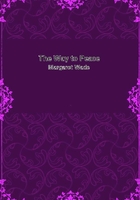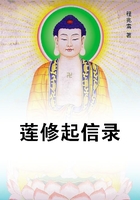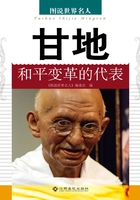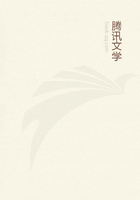In any political election, even by universal suffrage (and still more obviously in the case of a restricted suffrage), the voter is under an absolute moral obligation to consider the interest of the public, not his private advantage, and give his vote, to the best of his judgment, exactly as he would be bound to do if he were the sole voter, and the election depended upon him alone. This being admitted, it is at least a prima facie consequence that the duty of voting, like any other public duty, should be performed under the eye and criticism of the public; every one of whom has not only an interest in its performance, but a good title to consider himself wronged if it is performed otherwise than honestly and carefully.
Undoubtedly neither this nor any other maxim of political morality is absolutely inviolable; it may be overruled by still more cogent considerations. But its weight is such that the cases which admit of a departure from it must be of a strikingly exceptional character.
It may, unquestionably, be the fact that if we attempt, by publicity, to make the voter responsible to the public for his vote, he will practically be made responsible for it to some powerful individual, whose interest is more opposed to the general interest of the community than that of the voter himself would be if, by the shield of secrecy, he were released from responsibility altogether.
When this is the condition, in a high degree, of a large proportion of the voters, the ballot may be the smaller evil. When the voters are slaves, anything may be tolerated which enables them to throw off the yoke. The strongest case for the ballot is when the mischievous power of the Few over the Many is increasing. In the decline of the Roman republic the reasons for the ballot were irresistible. The oligarchy was yearly becoming richer and more tyrannical, the people poorer and more dependent, and it was necessary to erect stronger and stronger barriers against such abuse of the franchise as rendered it but an instrument the more in the hands of unprincipled persons of consequence. As little can it be doubted that the ballot, so far as it existed, had a beneficial operation in the Athenian constitution. Even in the least unstable of the Grecian commonwealths freedom might be for the time destroyed by a single unfairly obtained popular vote; and though the Athenian voter was not sufficiently dependent to be habitually coerced, he might have been bribed, or intimidated by the lawless outrages of some knot of individuals, such as were not uncommon even at Athens among the youth of rank and fortune. The ballot was in these cases a valuable instrument of order, and conduced to the Eunomia by which Athens was distinguished among the ancient commonwealths.
But in the more advanced states of modern Europe, and especially in this country, the power of coercing voters has declined and is declining; and bad voting is now less to be apprehended from the influences to which the voter is subject at the hands of others than from the sinister interests and discreditable feelings which belong to himself, either individually or as a member of a class. To secure him against the first, at the cost of removing all restraint from the last, would be to exchange a smaller and a diminishing evil for a greater and increasing one. On this topic, and on the question generally, as applicable to England at the present date, I have, in a pamphlet on Parliamentary Reform, expressed myself in terms which, as I do not feel that I can improve upon, I will venture here to transcribe.
"Thirty years ago it was still true that in the election of members of Parliament the main evil to be guarded against was that which the ballot would exclude- coercion by landlords, employers, and customers. At present, I conceive, a much greater source of evil is the selfishness, or the selfish partialities, of the voter himself.
A base and mischievous vote is now, I am convinced, much oftener given from the voter's personal interest, or class interest, or some mean feeling in his own mind, than from any fear of consequences at the hands of others: and to these influences the ballot would enable him to yield himself up, free from all sense of shame or responsibility.
"In times not long gone by, the higher and richer classes were in complete possession of the government. Their power was the master grievance of the country. The habit of voting at the bidding of an employer, or of a landlord, was so firmly established, that hardly anything was capable of shaking it but a strong popular enthusiasm, seldom known to exist but in a good cause. A vote given in opposition to those influences was therefore, in general, an honest, a public-spirited vote; but in any case, and by whatever motive dictated, it was almost sure to be a good vote, for it was a vote against the monster evil, the over-ruling influence of oligarchy.
Could the voter at that time have been enabled, with safety to himself, to exercise his privilege freely, even though neither honestly nor intelligently, it would have been a great gain to reform; for it would have broken the yoke of the then ruling power in the country- the power which had created and which maintained all that was bad in the institutions and the administration of the State- the power of landlords and boroughmongers.

